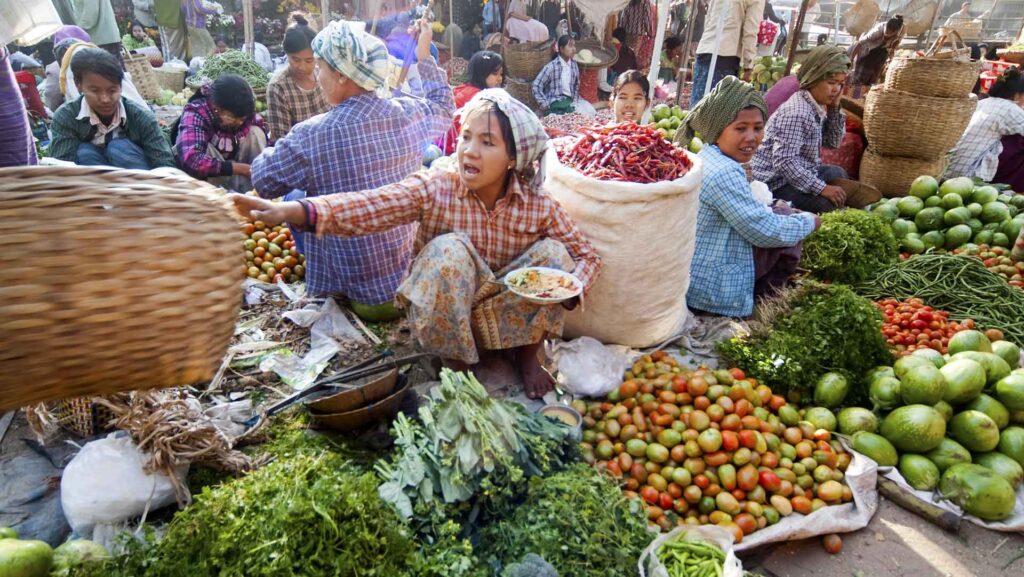Dikoda has recently been contracted to support the World Food Programme’s (WFP) Asia and Pacific Bureau and Country offices in understanding the impact of the ongoing food and economic crisis on food security and nutrition in selected countries in the Asia-Pacific region. The project’s research objectives are to review existing evidence and map recent data on the impact of the food and economic crisis on the diets and consumer behaviors of vulnerable groups across the urban-rural nexus in the selected countries, assess the impacts of the food and economic crisis on diets, and assess food systems’ resilience in relation to the food and economic crisis and its capacity to adapt and transform.
The food and economic crisis, caused by various factors such as the COVID-19 pandemic, climate change, and conflict, has resulted in food insecurity and malnutrition among vulnerable groups in many countries. The WFP, which is the leading humanitarian organization fighting hunger worldwide, aims to provide assistance to those in need and promote food security and nutrition. However, to effectively address the challenges posed by the food and economic crisis, it is essential to understand its impact on food systems and vulnerable groups.
Dikoda’s role in this project is to conduct research and provide insights to understand the situation better and formulate appropriate recommendations to address the food and economic crisis’s impact. To achieve the research objectives, Dikoda will use a range of research methods, including literature reviews, surveys, and data analytics.
The first research objective aims to review existing evidence and map recent data on the impact of the food and economic crisis on the diets and consumer behaviors of vulnerable groups across the urban-rural nexus in the selected countries. Dikoda will conduct a comprehensive review of existing literature on the topic, analyze survey data and conduct interviews with key informants, including government officials, and stakeholders involved in the food system.
The second research objective aims to assess the impacts of the food and economic crisis on diets. Dikoda will use a range of metrics, including dietary diversity, nutrient intake, and food availability, to assess the impact of the food and economic crisis on the quality and quantity of food consumed by vulnerable groups.
The third objective aims to assess food systems’ resilience in relation to the food and economic crisis and its capacity to adapt and transform. Dikoda will examine the resilience of the food system to shocks and stresses caused by the food and economic crisis, identify areas of weakness and strengths, and propose strategies to enhance resilience.














